
Tom Swarbrick 4pm - 7pm
10 January 2023, 22:29 | Updated: 11 January 2023, 10:22
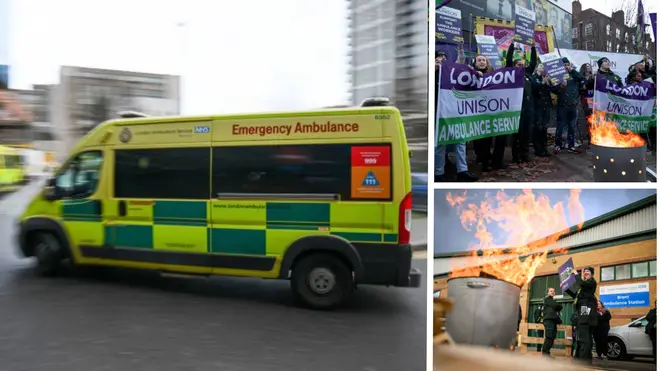
The head of the London ambulance service has urged people only to dial 999 if they are in danger of dying or suffering a serious injury on Wednesday amid the ambulance strike, as NHS bosses warned that the impact of the new walkout is likely to be even more severe than the pre-Christmas action.
Tens of thousands of paramedics and support staff in ten of 11 ambulance trusts across England and Wales are taking part in industrial action for the second time this winter, demanding pay increases.
And the impact of the strike is expected to be so severe that the head of the London Ambulance Service pleaded with people to only dial 999 if they have an emergency that could kill them or cause them to be seriously hurt.
Daniel Elkeles said: "It is still really, really busy in the NHS and hospitals are really, really full so I would just ask the public to be really helpful again tomorrow and only phone us if they have a life and limb-threatening emergency.
“And if they have another urgent healthcare need please use 111 either on the phone or online.”
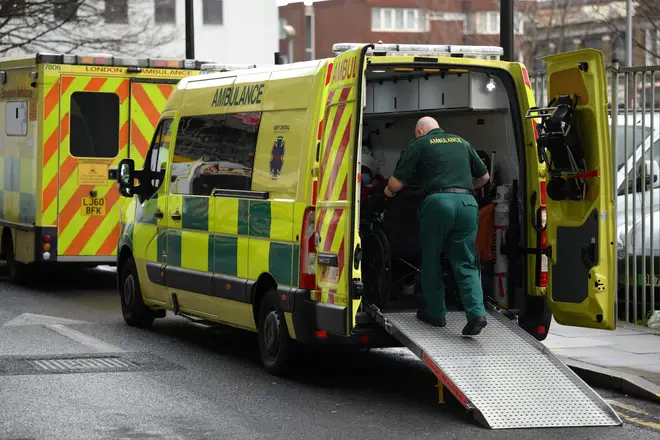
Read more: What calls will ambulance services respond to when on strike?
Ambulance staff have been offered a pay rise of 4.75%, rising to 7% for the lowest-paid workers. Striking workers want a much higher pay rise in line with inflation.
NHS Providers said Wednesday's walkout would be harder to cope with than the December strike, because call handlers and ambulance dispatchers were being asked to take part this time.
Ministers also raised fears that striking ambulance workers were putting vulnerable people's lives in danger by walking out.
But union leaders said their members would provide life-and-limb cover even while striking.
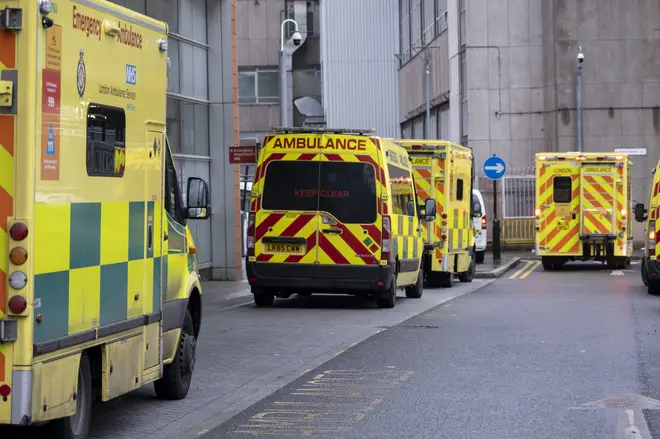
Miriam Deakin of NHS providers said that Wednesday would bring "significant disruption".
"With more staff expected to strike this time, the NHS is in an even more precarious position," she said.
"Since the last strikes, delays transferring patients from ambulances to hospitals have got worse, as pressure across the whole of the NHS increases.
"Trust leaders are working hard to minimise the impact on patients and to support staff during the industrial action - but they are braced for another day of significant disruption and knock-on effects."
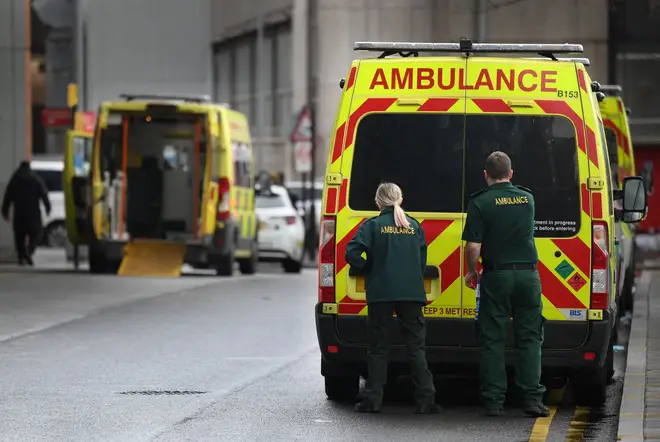
Business secretary Grant Shapps warned that the striking workers could be putting "lives at risk" through their industrial action.
He said: “The British people need to know that when they have a heart attack, a stroke or a serious injury, an ambulance will turn up, and that if they need hospital care they have access to it.”
Mr Shapps tabled a bill on Wednesday that would require striking workers across several industries including healthcare to provide a formal minimum service level, much to the consternation of union leaders and opposition politicians.
As it stands, even striking healthcare workers must continue life-preserving care under trade union laws - but no formal agreement has been made as to what exactly that involves.
That means local services and GMB and Unision, the unions representing ambulance workers, have had to come to agreements individually.
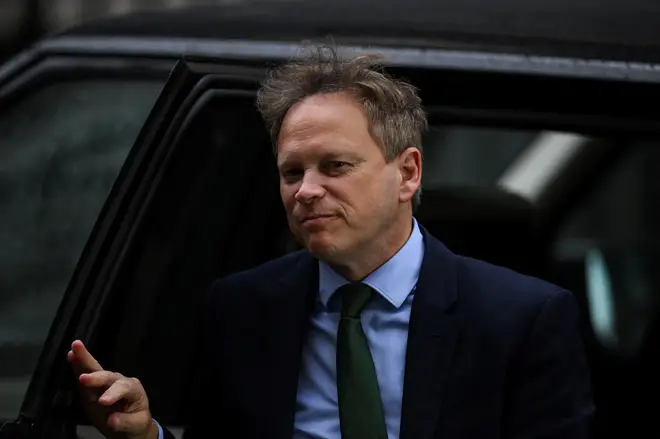
Ambulances will attend immediately life-threatening emergencies like cardiac arrests, but not every emergency in the next most urgent category, which includes heart attacks and strokes.
NHS trusts will also bring in other staff for support during the strikes, as well as the military.
Unison general secretary Christina McAnea said: "Last time, staff didn't hesitate to leave picket lines when someone's life was in danger.
"After a decade of refusing to bring in minimum staffing levels, it's ironic that the government is only prepared to do so during a strike.

Tory MP Vicky Ford says 'absolutely' her heart goes out to NHS workers
"Every other day of the year, ambulance crews are stuck queuing for hours outside A&E departments and hospital staff are rushed off their feet. But the government isn't interested in minimum staffing levels then."
Read more: Hopes rise for end to NHS strikes, as 'breakthrough pay deal floated'
It comes after Mr Shapps tabled a bill on Tuesday that would prevent some employees from being able to go on strike without fear of losing their jobs.
The proposed law would mean areas including the NHS, education, fire and rescue, border security and nuclear decommissioning would have to introduce minimum levels of service during strikes to provide a ‘safety net’ to the public.
Employers would have to set out the workforce they need, preventing some employees from being able to strike with protection from unfair dismissal.
The plans have been criticised as an ‘attack on human rights’. If made law, some union workers would be required to continue working during a strike.
Mr Shapps told the Commons the Government "absolutely believes in the right to strike" but that it is "duty bound" to protect the lives and livelihoods of people in the UK.
He thanked the Royal College of Nursing for working with health officials to ensure "safe levels of cover" during their strike, adding they showed they could protest in a "reasonable and mature way".
The planned law has come in for criticism by unions and the current leadership of the Labour party.
TUC boss Paul Nowak said the law would simply serve to "prolong disputes and poison industrial relations - leading to more frequent strikes".
"This legislation would mean that when workers democratically vote to strike, they can be forced to work and sacked if they don't comply," he added.
"That's undemocratic, unworkable, and almost certainly illegal."
Labour's deputy leader Angela Rayner weighed in, calling the bill "stupid".
She added: "There is no common sense about this at all. He says he recognises pressure faced by key workers, but he knows the NHS cannot find the nurses they need to work on the ward, he knows the trains don't run even on non-strike days such is their shortage of staff."
"So, how can he seriously think that sacking thousands of key workers won't just plunge our public services further into crisis?"
Former Labour leader Neil Kinnock also condemned the new legislation and questioned whether it would ever get past legal challenges.
Speaking on Tonight with Andrew Marr, Lord Kinnock said: "It's highly objectionable, indeed, in a democracy, it's poisonous in the absence of further safeguards, but I don't think it's practical anyway…
"They've got to get it through the House of Lords, certainly the House of Commons too because they will be Conservative MPs that will have doubts about this."
Lord Kinnock, who led Labour from 1983-1992, added that the courts "could be the great impediment, because even in a country, with an unwritten constitution, there are certain accumulated basic human rights that relate to the right to withdraw your labour. So, I think they're going to have great difficulties over that."